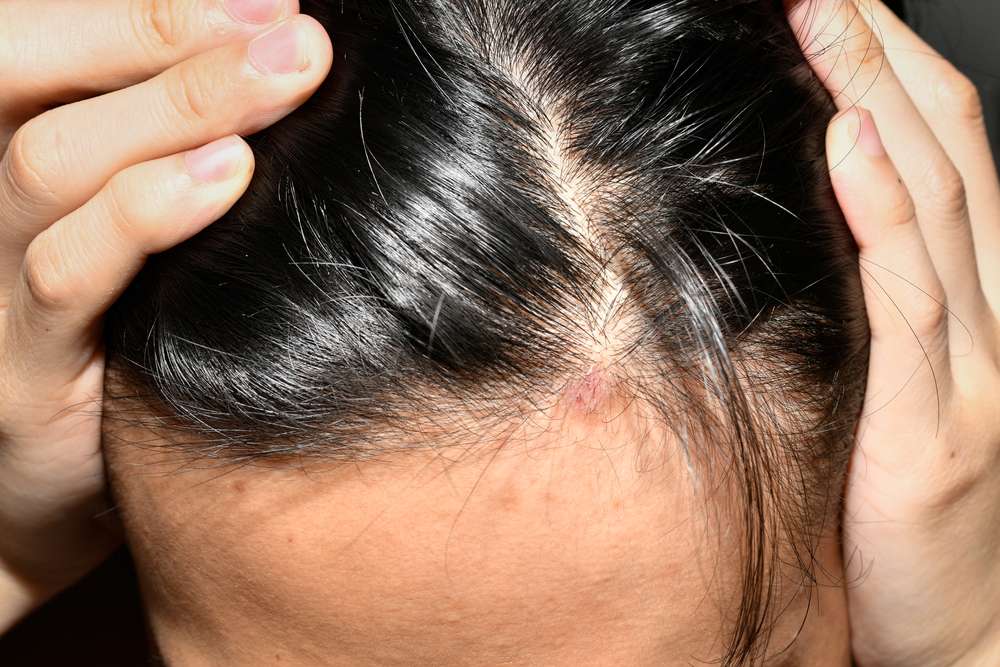Scalp Microbiome: The Forgotten Frontier of Hair Health
The human scalp is a complex ecosystem teeming with microscopic life, yet it remains one of the most overlooked aspects of hair care. This intricate network of bacteria, fungi, and other microorganisms plays a crucial role in maintaining healthy hair and preventing various scalp conditions. Despite its importance, the scalp microbiome has long been neglected in mainstream hair care discussions and product development. Recent scientific advancements, however, have begun to shed light on the vital role these tiny organisms play in our overall hair health. As researchers delve deeper into this microscopic world, they are uncovering surprising connections between scalp microbiome balance and common hair issues such as dandruff, hair loss, and even the rate of hair growth.

Historical Perspective on Scalp Microbiome Research
The study of the scalp microbiome is a relatively recent field of research. While scientists have long been aware of the presence of microorganisms on the skin, it wasn’t until the advent of advanced genetic sequencing techniques in the early 2000s that researchers could fully appreciate the complexity and diversity of the scalp microbiome. Early studies focused primarily on identifying the various species present on the scalp, but recent research has shifted towards understanding the functional roles of these microorganisms and their interactions with the host.
The Microbiome’s Role in Common Hair Problems
As our understanding of the scalp microbiome grows, researchers are uncovering its involvement in various hair and scalp conditions. Dandruff, one of the most common scalp issues, has been linked to an overgrowth of the fungus Malassezia. This yeast-like organism feeds on sebum, the natural oil produced by our skin, and can trigger an inflammatory response in some individuals. Similarly, certain bacterial imbalances have been associated with conditions like seborrheic dermatitis and folliculitis. Even hair loss, a concern for many, may be influenced by the scalp microbiome. Some studies suggest that certain microbial metabolites can affect hair follicle function and potentially contribute to or protect against hair thinning.
Factors Influencing Scalp Microbiome Health
Maintaining a healthy scalp microbiome is a delicate balancing act influenced by numerous factors. Personal hygiene habits, such as the frequency of hair washing and the types of products used, can significantly impact the microbial ecosystem. Overuse of harsh shampoos or anti-dandruff treatments may disrupt the natural balance, potentially leading to more problems in the long run. Environmental factors like pollution, UV radiation, and humidity also play a role in shaping the scalp microbiome. Additionally, internal factors such as stress, hormonal changes, and diet can affect the composition and function of these microbial communities.
Emerging Trends in Microbiome-Friendly Hair Care
As awareness of the scalp microbiome grows, the hair care industry is beginning to adapt. A new wave of “microbiome-friendly” products is emerging, designed to nurture and support the natural microbial ecosystem of the scalp. These products often contain prebiotics, which feed beneficial microorganisms, or probiotics, which introduce helpful bacteria directly to the scalp. Some companies are even developing personalized hair care regimens based on individual microbiome analysis. This shift towards microbiome-conscious hair care represents a significant departure from traditional approaches that often focused on eliminating all microorganisms indiscriminately.
The Future of Scalp Microbiome Research
The field of scalp microbiome research is still in its infancy, with many exciting discoveries on the horizon. Scientists are exploring the potential of microbiome manipulation as a treatment for various scalp conditions. This could involve the targeted use of specific bacterial strains to combat issues like dandruff or hair loss. Additionally, researchers are investigating the complex interactions between the scalp microbiome and the body’s immune system, which could lead to new insights into autoimmune-related hair disorders. As our understanding of this microscopic ecosystem deepens, it’s likely to revolutionize our approach to hair care and treatment of scalp conditions.




